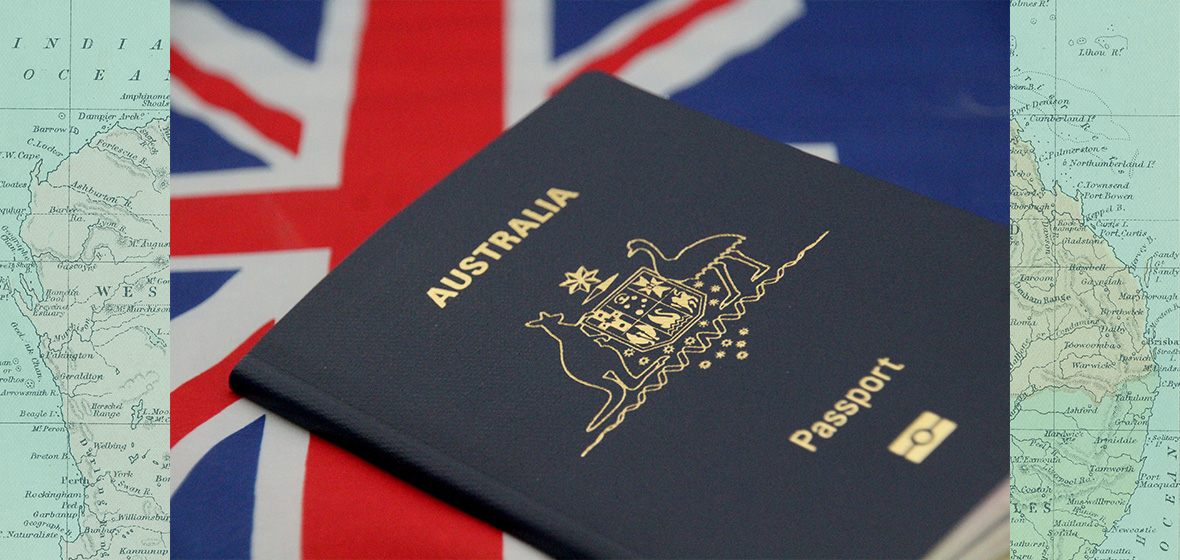A new law giving courts the power to remove citizenship from Australians with dual citizenship who have committed serious offences has passed in the Senate, with bipartisan support. However, concerns raised by the Law Council of Australia and other law experts have been left unaddressed.
The Bill proposed repealing the provisions the High Court of Australia deemed invalid after the cases Alexander v Minister for Home Affairs and Benbrika v Minister for Home Affairs, and introduced a new provision that gives the courts the power to cease Australian citizenship to dual citizens in case of serious offences.
“The High Court’s decisions in these cases mean that a new citizenship cessation regime is needed,” said Minister for Home Affairs Claire O’Neil in her speech to Parliament.
In the final Bill, citizens aged 14 or older can have their citizenship stripped if the serious convictions “demonstrate that the person has repudiated their allegiance to Australia”. This includes cases of terrorism, espionage, advocating mutiny, foreign interference, and offences related to the use of explosives or lethal devices.
However, the Bill has received criticism from law experts and other Members of Parliament, who have stated there was a lack of scrutiny in the decision-making and have accused the government of rushing these amendments.
Independent member for North Sydney Kylea Tink stated on social media, “This legislation is a massive deal!! Yet we’ve just been told that, despite today not being a scheduled sitting day, this Bill will be voted on tonight!”
The Law Council of Australia also expressed concern that the Bill needs further scrutiny. “Any measures pursued to remove the citizenship of an Australian engage[] the key legal principles on which our democracy was founded, and therefore demand careful consideration by the Commonwealth Parliament and Australian citizens themselves. Such measures should be reserved for the most extraordinary cases,” Law Council of Australia President Luke Murphy said.
‘Any measures pursued to remove the citizenship of an Australian engage the key legal principles on which our democracy was founded, and therefore demand careful consideration’
“At the very least, this Bill should be referred to the Parliamentary Joint Committee on Intelligence and Security (PJCIS) to allow proper scrutiny – before, not after, the Bill passes. Such scrutiny would regard the relevant decisions handed down by the High Court that underpin the Bill and the extensive reports and recommendations of the Independent National Security Legislation Monitor and PJCIS on citizenship cessation.”
The Law Council of Australia also highlighted that the new law also applies to minors aged 14 or older, in direct opposition to the emphasis in international law on the rehabilitation of minors, and the definition of ‘serious offence’ is too broad and lacks clarification.
“The Law Council is additionally concerned by amendments introduced … that would significantly expand the list of serious offences engaging citizenship deprivation powers to include less serious terrorism offences and other unrelated federal criminal offences, for example, slavery and slavery-like offences including servitude, forced labour and deceptive recruiting for labour or services,” Murphy said.
Jason Donnelly, barrister and member of the NSW Bar Association Human Rights Committee, agrees the law needs further examination, but disagrees with the Law Council of Australia’s assessment that there are cases where citizenships can be removed. “Neither courts nor government should have the power to strip citizenships in any situations,” Donnelly said.
‘Neither courts nor government should have the power to strip citizenships in any situations’
Donnelly noted how courts consider whether the conviction “demonstrates a repudiation of the values, democratic beliefs, rights and liberties that underpin Australian society,” broad concepts not defined in Australian law. But he also noted how the Bill risks isolating minorities in communities, resulting in growing distrust in a system that imposes different punishments on its people. For Donnelly, those communities can feel unjustly targeted by the Bill.
In a recent interview with Al-Jazeera, Ben Saul, UN Special Rapporteur on Human Rights and Counterterrorism, and Challis Chair of International Law at the University of Sydney, also underlined the issue with removing citizenship: “If people have citizenship here and have lived here and have connections here and so on, then it’s the responsibility of our country to deal with the terrorist threat that they may pose.”
“So that could be through criminal prosecution here and putting people in jail if they’ve done something wrong, and there are other counterterrorism laws to address any other security threats that they may face.”
According to the Federal Government, the Bill is compatible with all Human Rights scrutiny, though there are questions that the lack of consultation may require new amendments in the future.
The Bill passed both houses with 109 Ayes against 11 Noes.




